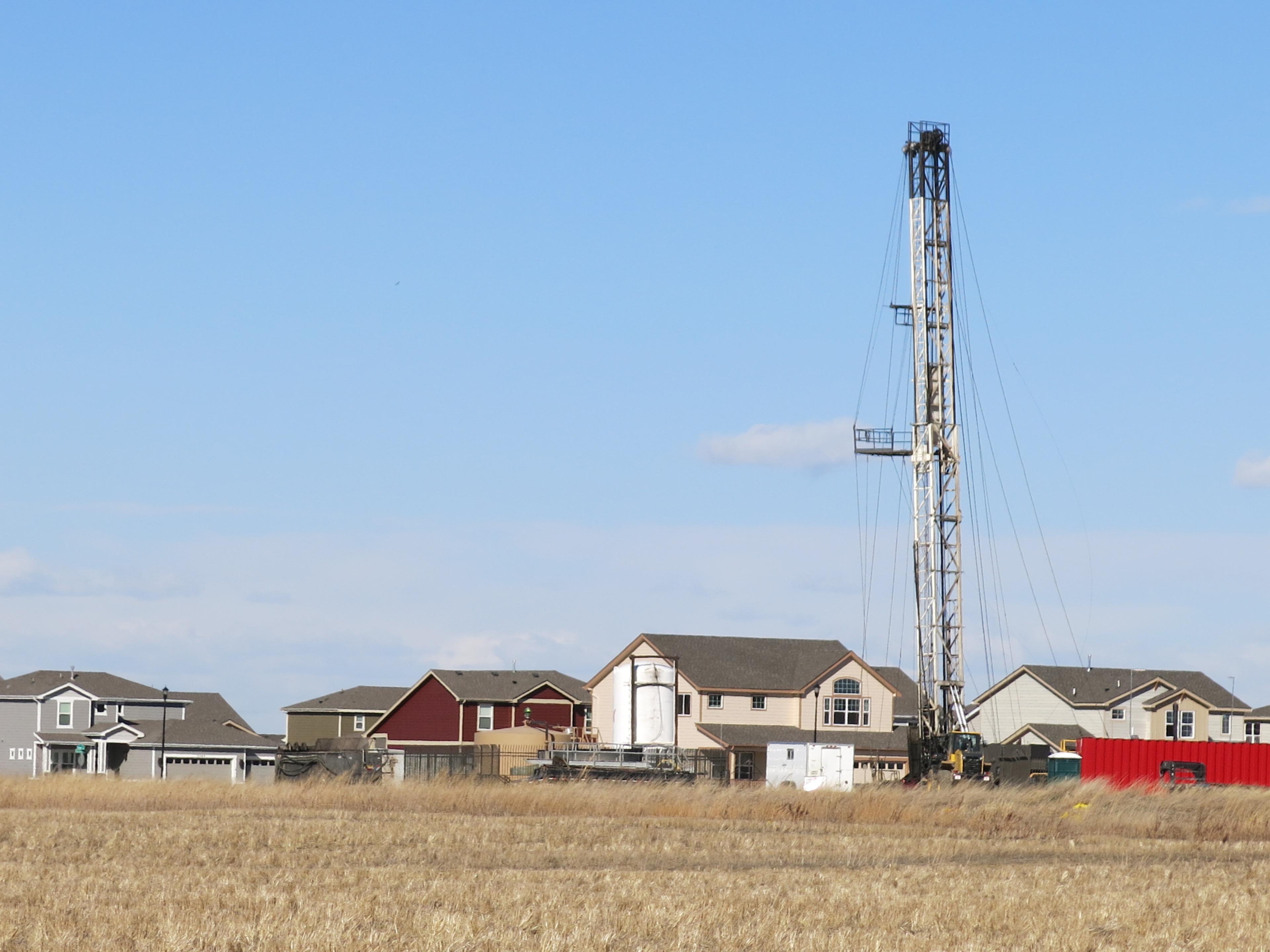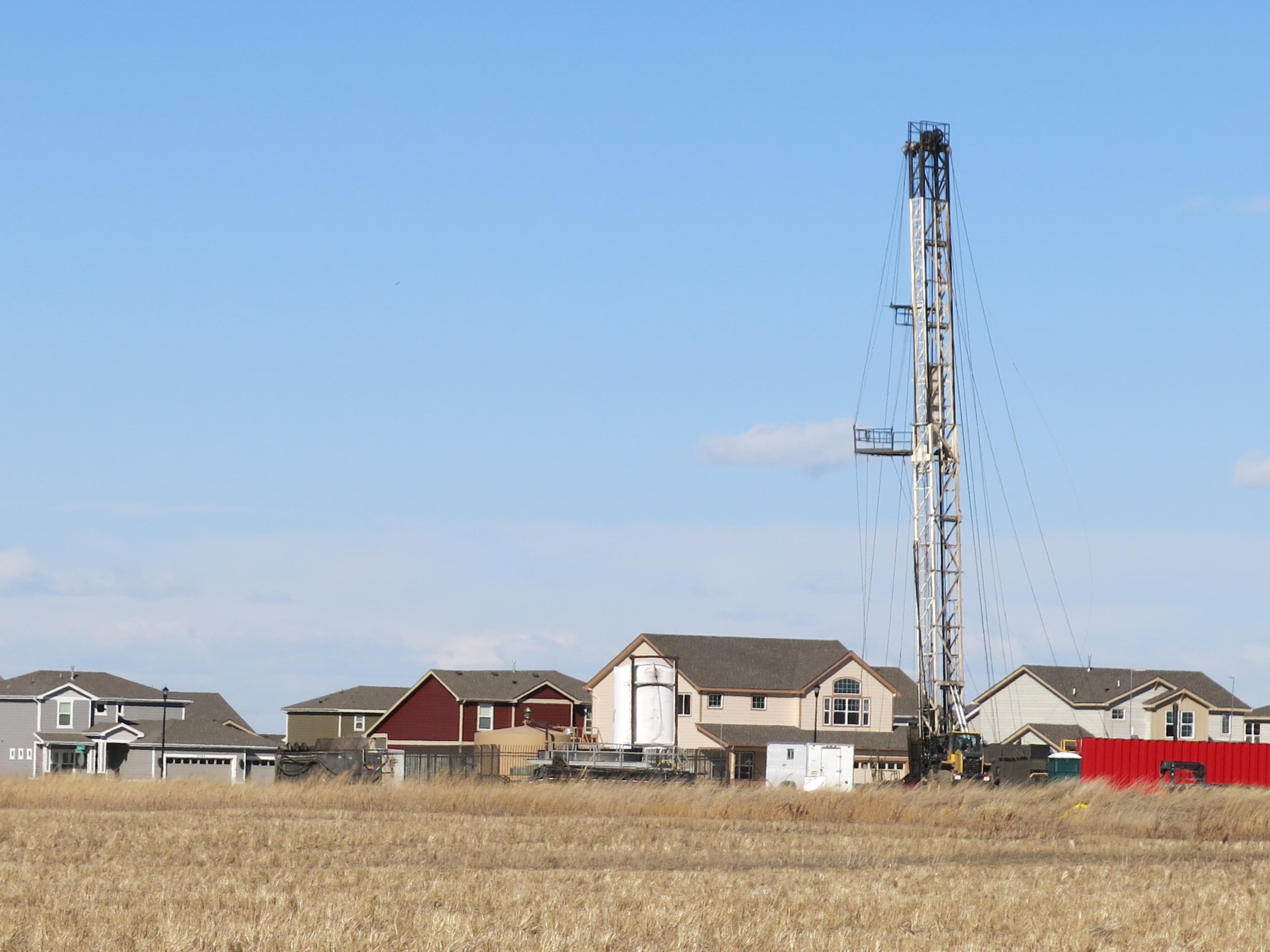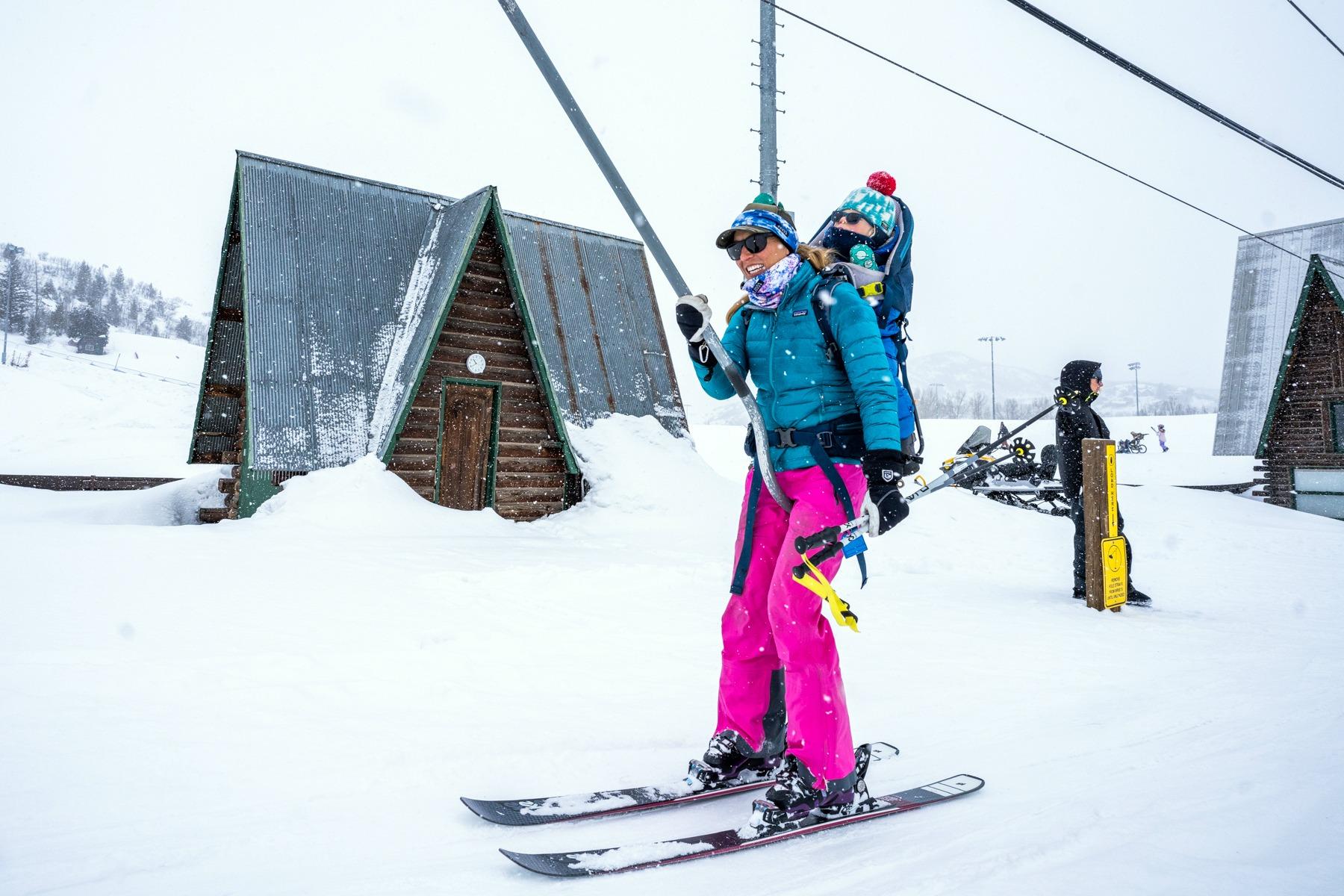

A spokesperson for Gov. John Hickenlooper confirmed that the governor reached out directly to private property advocates asking them to pull their measure — Amendment 74 — off the ballot. But in the end, it was just talk.
Efforts were unsuccessful as of the 5 p.m. Friday deadline to submit the withdrawal to the Colorado Secretary of State.
If voters approve, Amendment 74 would to allow Coloradans to make financial claims if their property is devalued because of government action. The proposal is backed by the Colorado Farm Bureau and would apply to physical property, water and mineral rights. The oil and gas industry supports it and spent millions on signature gathering this summer.
“I didn’t see this as a bargaining chip and that’s why we filed it,” said Colorado Farm Bureau executive vice president Chad Vorthmann. “We saw this as something that’s good government that we’re doing to strengthen property rights and our constitution.”
- Purplish Podcast: The Initiative Process Is Often Colorado’s Highest-stakes Political Poker Game (listen via NPROne)
Some interpret the ballot issue as a direct oppositional answer to a 2,500-foot oil and gas setback issue floated by environmental group Colorado Rising. Board member Micah Parkin said a high ranking elected official reached out to a member of their group, concerned about the impact Amendment 74 would have on Colorado communities. They asked Colorado Rising to consider dropping their initiative in exchange for Amendment 74 backers dropping theirs.
Parkin declined to name who had contacted them and said there was little interest in pursuing talks.
“[The Colorado Farm Bureau] ballot initiative would have way further reaching effects than just dealing with oil and gas,” she said. “We are not going to betray [those] whose health and lives are on the line by dropping our safer setbacks proposition.”
The lack of compromise stands in stark contrast to 2014, when Gov. Hickenlooper brokered a compromise between then Congressman Jared Polis, who backed two anti-hydraulic fracturing initiatives and the oil and gas industry. Back then, industry supporters had two opposing measures poised for the ballot. In the end, both sides pulled their measures in exchange for an oil and gas task force, which made some recommendations that eventually became law.
“In this scenario, there were more moving parts and more interests involved. It’s more difficult to try to resolve this than it was in 2014,” said John Swartout, rural policy and outreach director for Gov. Hickenlooper.
Swartout said the multiple players involved with Amendment 74 ballot issues had different interests that stretched out from oil and gas to agriculture.
“They didn’t get everything they wanted [in the task force], but that’s politics,” Swartout said. “When you overreach, you let a judge decide.”
Editor's Note: This story was updated to clarify that a high ranking elected official contacted Colorado Rising, not board member Micah Parkin directly.









